|
I am an avid NPR nerd, however after I heard a piece about lymphedema, I knew I needed to write them a letter.... Dear NPR, As a Physical Therapist and Certified Lymphedema Therapist, I was surprised and pleased to hear the word "lymphedema" on Morning Edition (Monday, 2/19/18). As mentioned in the piece, it is often overlooked by health care professionals, at a detriment to our patients. However, I quickly became disappointed when I heard the following: "They're crying, not only because they struggle with lymphedema," he says, "but because many people, including some doctors, do not recognize this as a debilitating condition that can require laborious, daily care." Yes, as I mentioned above, many doctors do not recognize this condition. My issue, however, is the constant fear we instill in women when talking about lymphedema. These quotes are perfect illustrations, the patients are "crying," the condition is "debilitating," the treatment is "laborious, daily care." Even the title of your piece illustrates my point: "She survived breast cancer, but says a treatment side effect, 'almost killed' her." As a certified lymphedema therapist, I can state that yes, sometimes lymphedema is debilitating and can certainly require laborious daily care, however those are the WORST CASE situations. It is just as likely a woman will notice some swelling in her arm, breast or trunk and with a few visits to physical therapy, will have it under control or even completely resolved. Your piece is certainly not alone in promoting fear around lymphedema. Many of my patients say some version of "I'm terrified of developing lymphedema!" or react to every novel sensation in their body with a frightened, "that's not lymphedema, is it?" Honestly, this breaks my heart. These are strong, brave, resilient women who have looked cancer in the eyes, and beat it. Why must we then beat them down with exaggerated ghost tales of lymphedema, a side effect they may or not develop, that may or may not be "debilitating?" When we take this method of fear based education away from lymphedema and apply it to say, back pain, it sounds ridiculous. Can you imagine saying to a person, "Wait! Don't lift that suitcase! You might get...BACK PAIN! Once you get it, it's chronic! You will need injections and surgery to correct it and even then it will require laborious, daily care!" Truthfully, that is a possibility. However it is one out of many possibilities when someone injures their back. I feel strongly that it is my job to empower my patients with knowledge, not patronize them with fear. I welcome the opportunity to speak to you in greater depths on this topic. Sincerely, Jenni Rai, PT, CLT This letter to NPR is just the beginning of my "take the fear out of lymphedema" (catchier title in the works) campaign. Stay tuned for more! The original NPR article can be found here.
0 Comments
Allison will teach #our first ever Facebook live streamed course about Essential Oils on March 4th, 2018, 11 am PST. To attend live, RSVP at [email protected]. To view remotely, join #our private FB Group! Questions about Essential Oils for Allison? Submit below by March 3rd.
This will be our first workshop shown live on Facebook! Join our private FB group (#OurTribe) to attend virtually, or RSVP to [email protected] to attend in person.
I just want to point out my use of "And we're back!" in this next one as if we all just went to commercial break or something....?♀️
It can't be acknowledged enough- a diagnosis of breast cancer is frightening and extremely stressful, for the diagnosed and those that love them. A good mental health practice is a MUST, but can be hard to get in place. The below is a list of national resources: American Cancer Society (General referrals and info) 800-227-2345 CancerCare.org (General referrals, info and online support) 800-813-4673 National Cancer Institute (General referrals and info) 800-422-6237 Imerman Angels (One on one support for patients and caregivers) 866-IMERMAN 4th Angel (Caregiver and patient mentoring program) 866-520-3197 24 hour support line (not specific to cancer) 877-541-2525 Have you found a particular resource to be helpful? If so, post below! We love to learn.
One of the glories of menopause is dry, irritated vaginal skin. It was such a common complaint in our private FB group that we reached out to the experts, including Beverly Hills sex therapist, Dr. Shannon Chavez, for some advice.
First off, it turns out that the skin in your vagina can be moisturized daily just like the skin on your face! Imagine how dry, flakey skin anywhere else on your body can be itchy, irritated, and more prone to cracks and cuts. The same is true for vaginal skin. Hip Hemp has created “moisture drops,” which are small pearl-sized suppositories containing organic hemp oil, grape seed and vitamin E. Hemp oil has many benefits, including immune support as well as Vitamin C which helps to synthesize collagen. It is recommended to insert vaginally at bedtime. In addition to daily moisturizing, lubrication is essential. Dr. Chavez’s favorite is from a German company, called “Pjur Med.” They offer both silicone and water based lubes. Their Repair line includes Hyaluron which has the ability to bind large amounts of water which provides better than average lubrication. This extra amount of hydration helps enables optimal regeneration of the vaginal skin.
What have you found to be most effective for dealing with vaginal dryness? Share in comments, we’d love to learn from you!
Is it a power surge? Or tropical vacation for one? Whatever it is, we're not amused.
Hot Flashes are a particularly irksome, and odd side effect of menopause. I was curious as to why they happen- just what part of leaving child bearing age has to do with sudden uncontrollable heat? The Mayoclinic.org revealed what I had begun to suspect after a quick google search: the cause of hot flashes during menopause is unknown. It’s suspected that decrease in estrogen as well as changes in the hypothalamus (the body’s thermostat) are to blame.
Whatever the reason, I think we can all agree they are TERRIBLE! And although there is no “quick fix” solution, I’ve complied suggestions from Tribe Members to try and make them more tolerable. Staying cool: This one seems a little on the obvious side, but worth mentioning. The Mayo Clinic recommends dressing in layers to remove if you start to get warm, as well as keeping the ambient temperature on the lower side. Tribe Member Carrie is a big fan of the Evian facial mist spray. "I want to share with my fellow warriors this amazing remedy that I use for hot flashes. It is worth it's weight in gold. The mist and canister stays cool.”
If a cool mist of water in the face isn’t enough, try adding the power of an electric fan. Tribe member Debra is a fan of this portable model: "I bring mine everywhere. It also folds so you can rest it down without holding it. I brought it to dinners, doc appts, everywhere."
However, there are times when a woman needs the refreshing breeze of a fan, AND a sexy, retro accessory. For those times, Tribe member Delaney suggests this hand held beauty.
A good deodorant:
If you’re going to sweat, a powerful deodorant is key. And if you’ve been diagnosed with breast cancer, chances are you pay special attention to what you put in your armpits. Most conventional deodorants include potentially harmful chemicals, including Aluminum (linked to alzheimer's disease) and parabens (which can mimic estrogen). Many of the #OurTribe members in our private FB group have done extensive research on this topic and test drove a variety of all natural products.
Schmidt's was voted "Most Popular" for having graced the majority of our armpits and keeping us sweet smelling and dry. At time of this writing, there was still no consensus as to the best scent, however Lime had a slight lead in the polls.
Lavanilla gets a special mention in the scent category and also a nod for long lasting results
An insider tip about adopting a natural deodorant lifestyle is there is often a stinky "detox" phase when your armpits are adjusting. The charcoal and apple cider in this soap help kill the stink making bacteria helping your new natural deodorant do its job more effectively.
What have you found to be most effective for dealing with hot flashes? Share in comments, we’d love to learn from you!
Our first Guest Blog by our friends at Hip Hemp! Studies show the benefits of hemp seed oil range from younger looking skin to regulating hormonal balance for menopausal support. Among its many benefits, it has been shown to lower cholesterol, help moderate blood sugar levels and boost immune systems.
The Many Benefits of Hemp Oil Hemp oil contains 25% high quality protein, polyunsaturated fatty acids, omega 6, omega 3, linoleic acid and insoluble fiber, which makes this “super oil” the perfect balance of nutrition that our bodies need. It also provides Beta-carotene, an antioxidant, which is then converted into Vitamins A, C and E. Vitamin A is an essential vitamin. Vitamin C helps synthesize collagen, which gives strength and flexibility to organs, and Vitamin E is an important antioxidant. Hemp oil also contains several minerals such as calcium, magnesium, potassium iron, zinc, and phosphorus, all which reduce risk of disease and manage chronic diseases such as diabetes, hypertension, (high blood pressure) heart disease and cancer. Other Advantages of Hemp Oil include: Improves immunity levels Reduce symptoms of PMS & menstrual cramps Reduces inflammation Improves recovery of muscles after exercise Reduces and treats dry skin and improves skin elasticity Reduces many degenerative diseases Provides nervous system support Provides detoxification Is vegetarian approved Hemp Oil Does Not Contain: GMO’s Gluten Soy Herbicides Pesticides Estrogen Peanuts References 9 Health Benefits of Hemp Oil That You Should Know. (n.d). Retrieved May 22, 2017, http://www.zliving.com/wellness/natural-remedies/9-health-benefits-of-hemp-oil-that-you-should-knowHow Healthy is Hemp? (2012) Retrieved May 26, 2017 from https://www.drweil.com/diet-nutrition/food-safety/how-healthy-is-hemp/ http://www.mynetdiary.com/foods-nutrient-needs.html#sthash.qWxKpgXT.dpuf
Breast cancer treatment seems to be full of unexpected “surprises,” and one high on that list is “cording” (or Axillary Webbing Syndrome, if you want to be fancy). The symptoms are best described as a really specific sensation of pulling, the kind you can pin point and trace with your finger. In fact, if you did try to trace it with your finger you may actually feel it. It’s as if there’s a guitar string running just under your skin (hence it’s common name of “cords.”). It can feel like something is tearing, or even like you’re pulling on a nerve. It does NOT feel tight in a familiar way, like say you have a tight calf muscle and then you stretch it and it feels better. It’s different. It can be severe enough to limit your movement, most often of your shoulder but can also impact elbow straightening and wrist/hand function.
Cording usually starts in your armpit and travels down into your arm, but can also start at your port (especially if it’s in your upper arm) or underneath expanders or implants. What is it? This is an excellent, and frustrating question. There is no general consensus. As a physical therapist who specializes in treating women with breast cancer, and as a Certified Lymphedema Therapist (CLT), I’ve done lots of research on this from different continuing education courses to plain old googling the interwebs. Here’s what I’ve learned: There seem to be 3 main theories of what the cord is actually made of. 1. Scar tissue that has run amok. 2. Lymphatic vessels that have hardened. 3. In the arm, the major arteries, veins and nerves run together in a bundle. Some believe the connective tissue that surrounds the bundle is what becomes fibrotic (medical word that basically means “hard.”). Anecdotally, I can tell you from working with patients, that all three make sense to me. Sometimes there is a really thick cord that starts in the armpit and seems to be scar tissue left over from lymph node dissection, or expander placement. Often times plastic surgeons tell their patients they can “clean that up” during the expander exchange surgery for implants. Other times the cording is more diffuse and webby, just like the lymphatic vessels, or can follow the exact anatomic pathway of a major artery/vein/nerve bundle. How do we get rid of it? The good news is, this is self limiting, meaning it will eventually go away on its own. A physical therapist that specializes in treating breast cancer can definitely help and make the process easier. On your own- keep using and stretching your arm as best you can, and gently massage over the cords as if you were trying to rub lotion into them. You may hear/feel a “pop” sensation, indicating one of the cords have snapped. This might feel like being on the wrong end of a zinging rubber band, but typically results in less pain with better arm motion after. Breaking the cords in this manner is not necessarily our goal- again, as we don’t know 100% what the cords are made of, and better not to just snap random things in the body- but if it happens naturally, that’s fine, no need to worry. How long until it goes away? Cording can last several months, and seems to take a few steps forward, then backward, but eventually will stop completely….until it randomly show up again for a few days and then seems to be gone for good. Typically it’s completely gone in 4 to 6 months. |
AuthorJenni Rai is a physical therapist in Los Angeles, Ca who specializes in breast cancer. Archives
February 2018
Categories
All
|



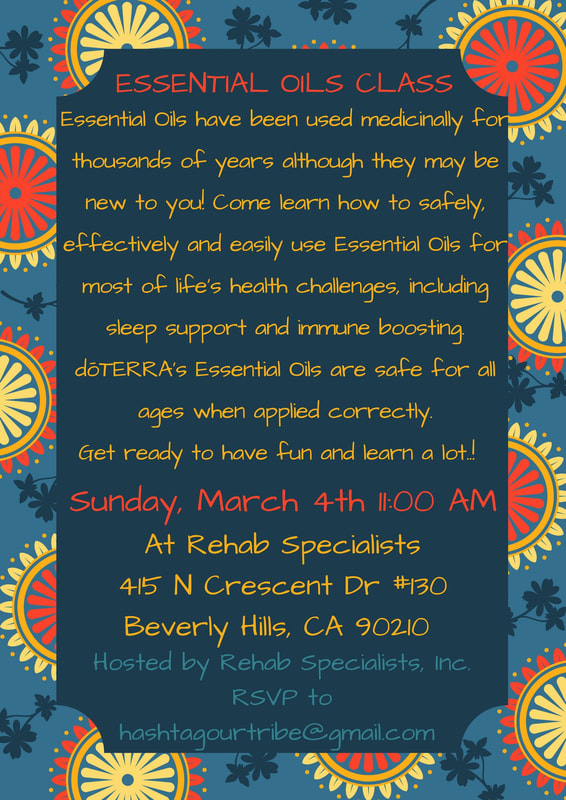


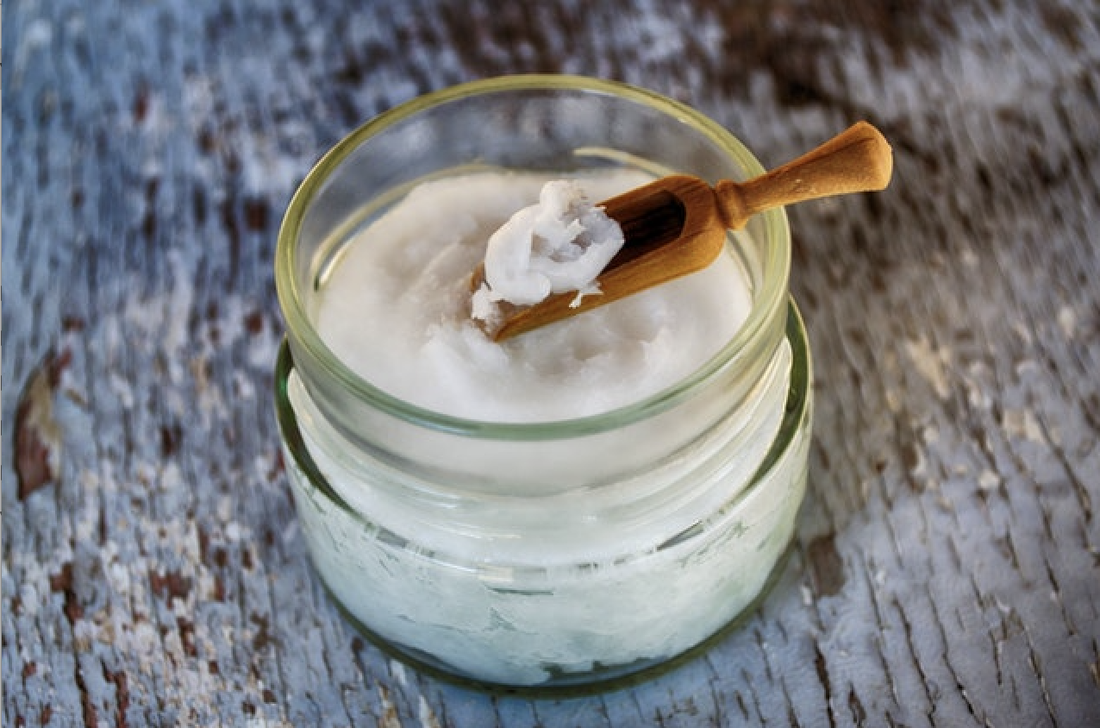


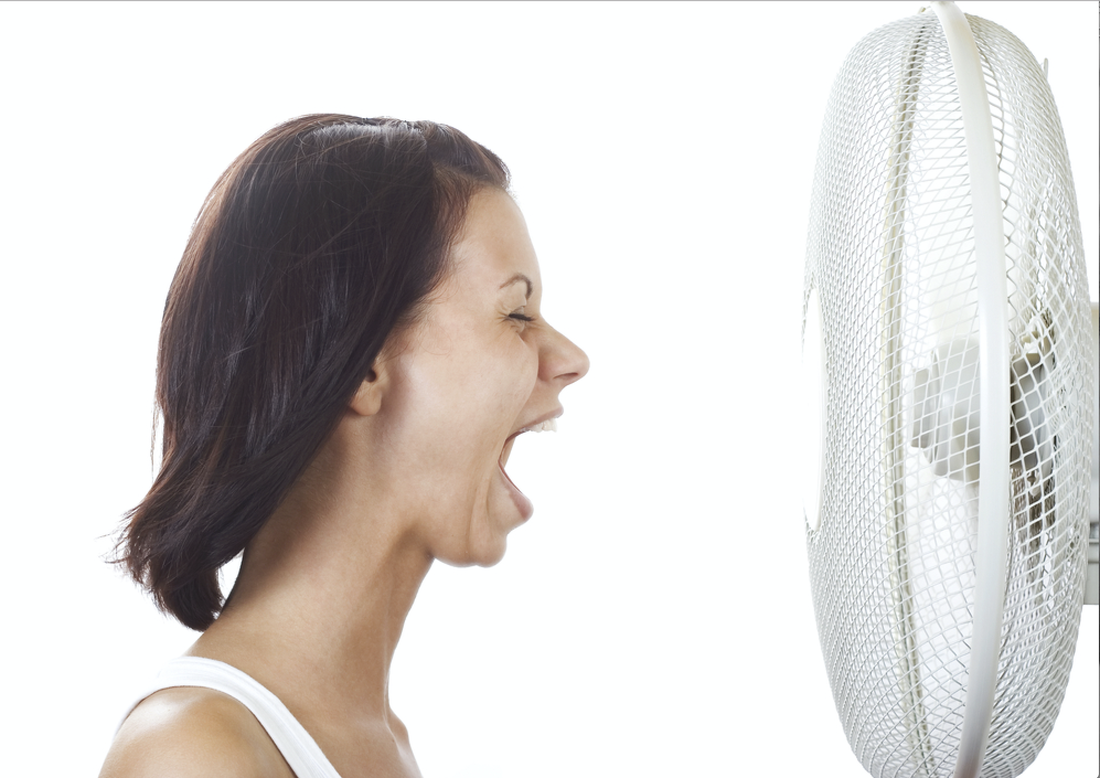






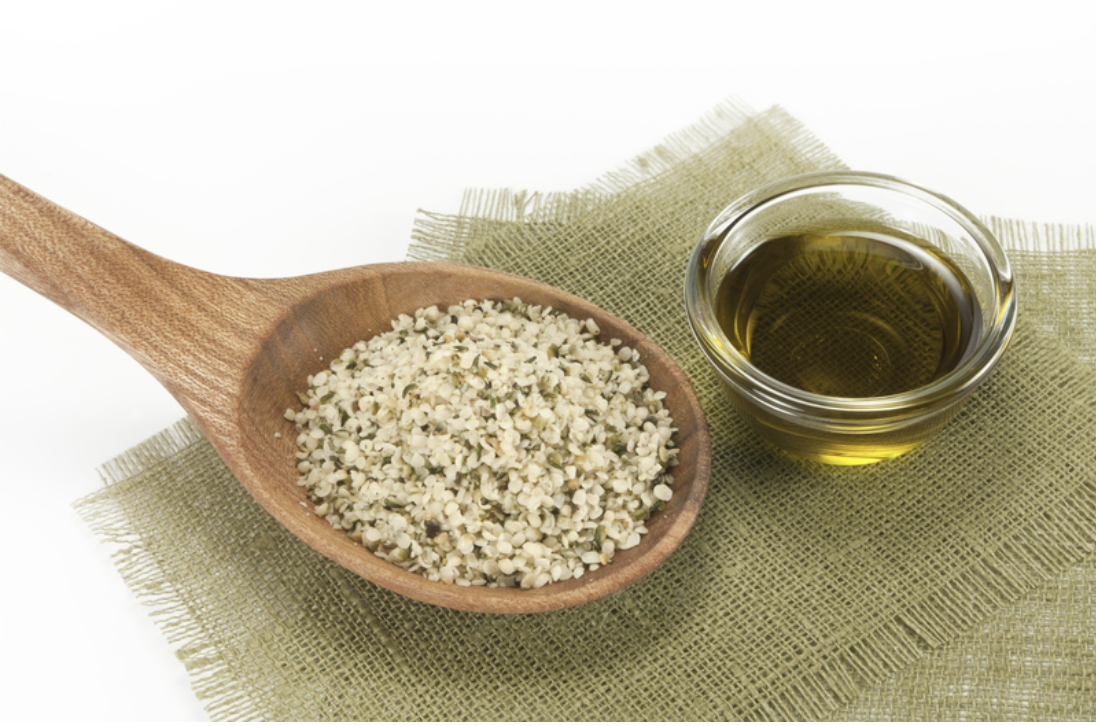

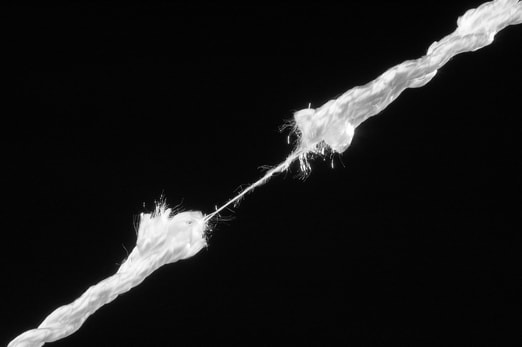
 RSS Feed
RSS Feed
